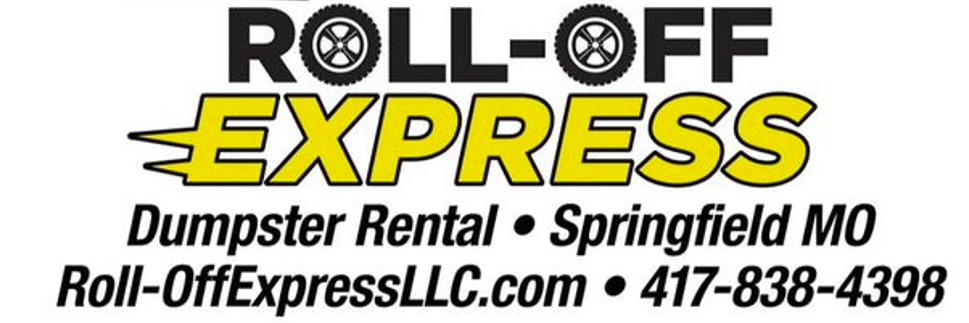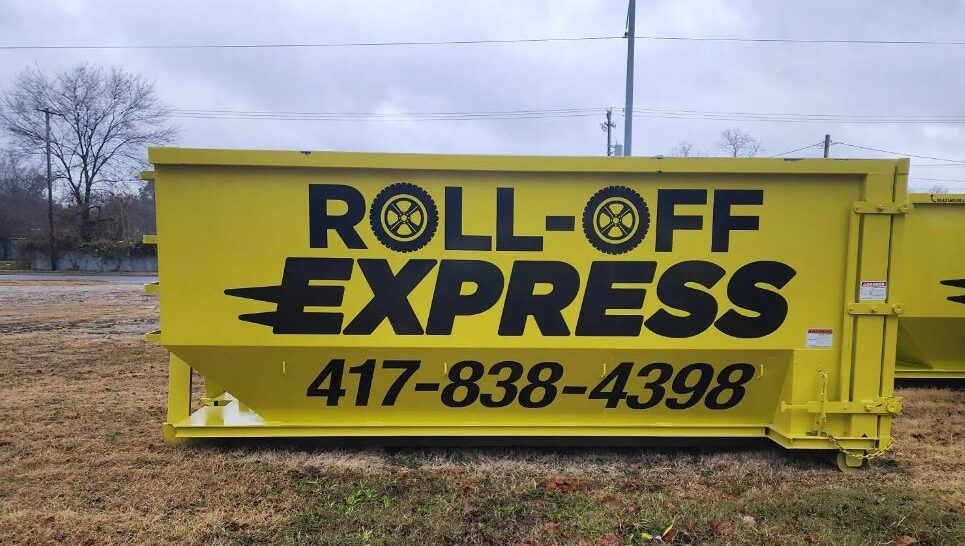When considering whether to rent or buy a dumpster, you need to assess your project needs carefully. It’s not just about the cost; it’s about how often you’ll use it and what type of waste you’ll generate. For many, dumpster rentals are the preferred choice for one-time projects or short-term needs, as they offer flexibility without the long-term commitment of ownership.
Renting might seem like the easier option for a one-time job, but ownership could save you money in the long run if you frequently require waste management solutions. Let’s explore the factors that could influence your decision.
Understanding Your Project Needs
Here’s how you can determine whether to opt for dumpster rentals or purchase a dumpster for your project:
- Project Scale and Duration: If you’re handling a one-time cleanup or renovation, renting a dumpster is likely the better option. This approach avoids the hassle of ownership and maintenance, making it ideal for short-term needs. Conversely, if you’re planning ongoing projects, purchasing a dumpster might save you time and money in the long run.
- Type of Waste: Consider the type of waste you’ll generate. Some dumpsters are specialized for certain materials, so you need to match the dumpster type to your needs. For example, roll-off dumpsters are versatile and can handle various types of waste.
- Frequency of Waste Disposal:Think about how often you’ll need to empty the dumpster. If you’ll need to do so frequently, renting might be less efficient due to the recurring costs associated with dumpster rentals.
- Budget Evaluation: Determine how much you’re willing to spend and weigh that against potential rental or purchase costs. If you’re on a tight budget or prefer not to commit to ownership, renting a dumpster is a cost-effective solution.
By considering these factors, you can make an informed decision that suits your project needs and financial situation.
Analyzing Rental Costs for Dumpster Rentals
When you’re considering dumpster rentals, it’s crucial to break down the costs involved to ensure you’re making a financially sound decision. Start by checking the rental company’s base fee, which typically covers a specific weight limit and rental period. You’ll want to account for any additional fees, like overage charges if you exceed the weight limit or keep the dumpster longer than agreed.
Consider the use of roll-off dumpsters, which are versatile and commonly used for construction and large-scale cleanups. These dumpsters often come with delivery and pickup charges, which can vary between companies. Also, some locations may have added disposal fees depending on the type of waste you’re throwing away.
If you decide to rent a dumpster, don’t forget to factor in taxes, which might not be included in the advertised price. Once you’ve gathered all this information, you can compare different rental companies to find the best deal for your needs. Additionally, consider the convenience and efficiency that comes with dumpster rentals, as they can significantly streamline your waste management process.
Evaluating Purchase Costs
While purchasing a dumpster might seem like a straightforward option, it’s essential to evaluate all associated costs before making a commitment.
First, consider the initial purchase price, which can vary significantly based on size and materials. Then, factor in maintenance costs; dumpsters require upkeep to ensure they last.
You’ll need to think about storage space, too—where will you keep it when it’s not in use? Additionally, don’t forget about potential repair expenses if the dumpster gets damaged.
If you plan to use it for specific projects, you might also face disposal fees, especially if you’re dumping hazardous materials.
Finally, assess the opportunity cost; investing in a dumpster might divert funds from other critical projects or needs.
Frequency of Use
Frequently assessing how often you’ll need a dumpster can significantly impact your decision to rent or buy.
If you find yourself tackling projects frequently—like home renovations, landscaping, or seasonal cleanouts—investing in a dumpster might be more cost-effective in the long run. With regular use, the rental fees can quickly add up, making ownership a smarter financial choice.
On the other hand, if your dumpster needs are infrequent or sporadic, renting is likely the better option. You won’t want to deal with the upfront costs and responsibilities of ownership when a simple rental will suffice.
Consider how often you’ll need a dumpster over the next year. If it’s only a couple of times, renting saves you money and hassle.
Ultimately, your decision hinges on your project’s frequency and volume, so take the time to evaluate your specific needs before making a choice.
Storage and Maintenance Considerations
Considering storage and maintenance is crucial when deciding whether to rent or buy a dumpster. If you opt to buy, you’ll need to think about where to store it when it’s not in use. Renting, on the other hand, eliminates this concern but comes with its own maintenance considerations.
Here are four key points to consider:
- Space Requirements: Ensure you have enough room to store a dumpster, including access for trucks if you need it picked up.
- Maintenance Costs: Owning a dumpster means you’re responsible for repairs, which can add up over time.
- Condition Management: You’ll need to regularly check your dumpster for rust and damage to maintain its usability.
- Usage Frequency: Consider how often you’ll use the dumpster, as this impacts your storage needs and overall maintenance requirements.
Environmental Impact
When you think about the environmental impact of renting versus buying a dumpster, it’s essential to consider how each option affects waste management and resource conservation.
Renting a dumpster often means that the rental company manages waste disposal, ensuring proper sorting and recycling. This can help reduce landfill waste and promote a more sustainable approach to managing materials.
On the other hand, buying a dumpster may encourage you to fill it to capacity, potentially leading to more waste being sent to landfills if not managed correctly. Additionally, it’s likely that you won’t use it as often, which can lead to unnecessary resource consumption in manufacturing and maintenance.
Ultimately, renting a dumpster can support better environmental practices, as professional services typically prioritize recycling.
Local Regulations and Restrictions
Understanding local regulations and restrictions is vital when deciding whether to rent or buy a dumpster. These rules can significantly impact your costs and project timeline.
Before making a decision, you should consider the following:
- Permits: Some areas require permits for dumpster placement. Renting often includes this as part of the service.
- Weight Limits: Local restrictions may limit how much material you can dispose of, affecting your overall expenses.
- Placement Regulations: Restrictions may dictate where you can place the dumpster. This might require additional planning or fees.
- Material Restrictions: Certain items, like hazardous waste, may not be allowed in dumpsters, influencing your disposal options.
Making the Final Decision
As you weigh the pros and cons of renting versus buying a dumpster, it’s crucial to consider your specific needs and circumstances. Here are some key factors to evaluate:
- Frequency of Use: If you only need a dumpster for a one-time project, dumpster rentals are likely the more economical choice. This is especially true for short-term projects where you don’t want to commit to owning a dumpster. However, if you regularly find yourself needing a dumpster, buying might save you money in the long run.
- Project Type and Size: Consider whether your projects are small renovations or large construction jobs. This will affect the size and type of dumpster you’ll need. For large projects, roll-off dumpsters are often preferred due to their capacity and ease of use. If you’re managing a large-scale construction site, you might need to rent a dumpster that can handle heavy debris, such as a roll-off dumpster.
- Local Regulations: Factor in local regulations about waste disposal. You don’t want to face fines for non-compliance. Renting a dumpster often ensures compliance with these regulations, as rental companies are familiar with local laws.
- Budget Considerations: Consider your budget. Renting comes with upfront costs, while buying requires a larger investment but could offer long-term savings. For those on a tight budget, dumpster rentals provide flexibility without a significant upfront cost. However, if you anticipate frequent use, purchasing might be more cost-effective over time.
Ultimately, whether you choose dumpster rentals or decide to buy depends on your specific needs and how often you require waste management solutions.

